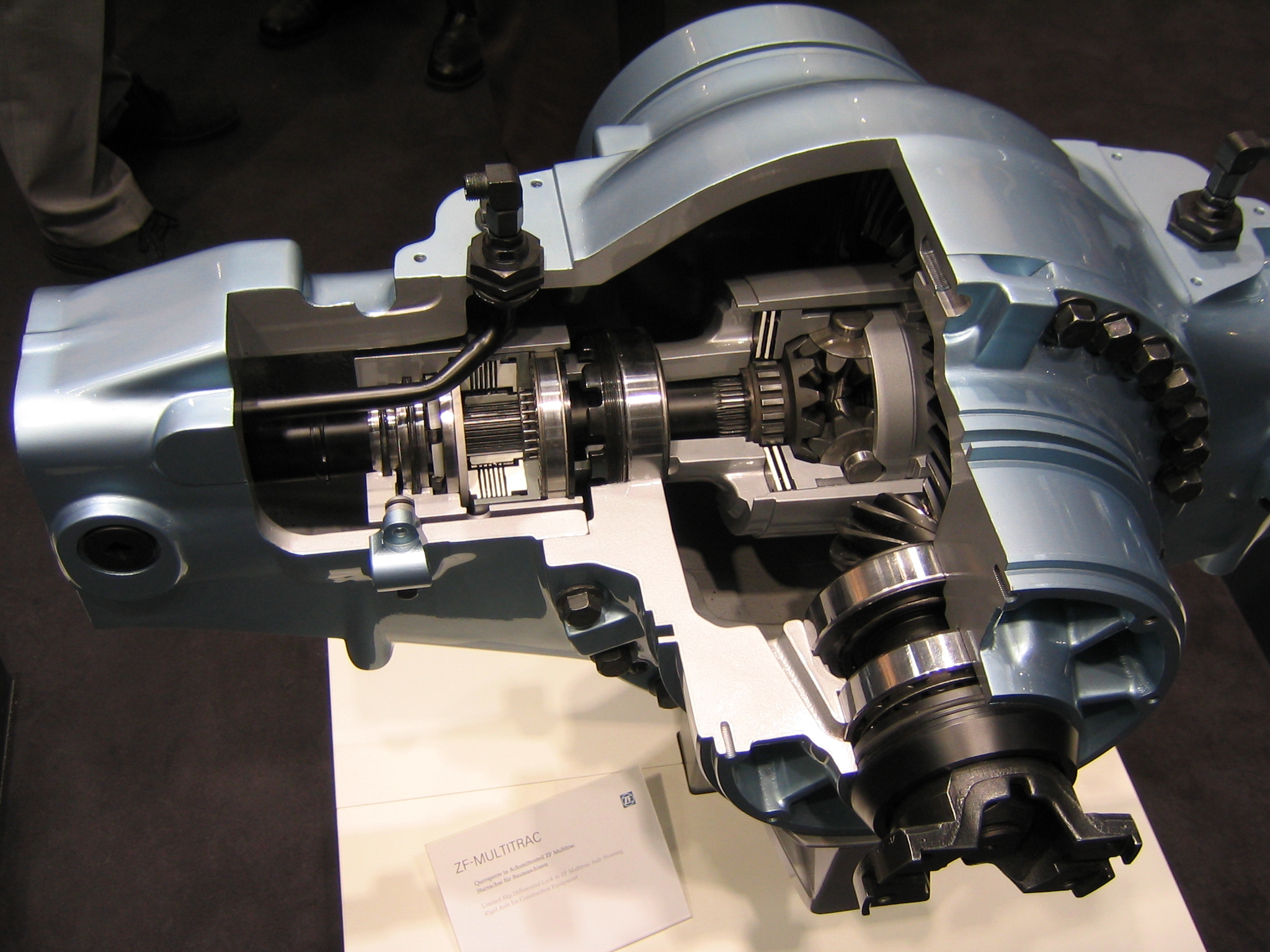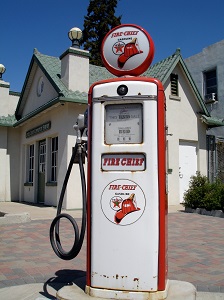Posted on 3/17/2016

Often, drivers are mystified by how their cars actually work. It’s to be expected. Even an older car is a complex machine with many sub-assemblies that all work together to move it down the road.As a result, drivers tend to be a little intimidated by auto repair and often tend to not inform themselves by asking the necessary questions of a tech or a garage. Too often, that ends up being a big mistake. Here are some examples of the kinds of things you really should know before any auto repair work starts: Does your shop work on any kind of vehicle? Of course, most shops can service a product from GM, Ford, Chrysler, Nissan, Toyota and the other leading makes. Some makes, however, require a lot more training and experience, or even factory certifications. Vehicles from Mercedes-Benz, Volvo, BMW and certain other makes often require specialized tools and training; that’s why many towns have repair shops that are for specific makes of vehicles. What kind of equipment does your ... read more
Posted on 2/11/2016

Differential Service – Why Is It Important? Of all the various things on a vehicle that need regular service and maintenance, the differential is too often neglected. But what exactly is it, and what does it do? Visualize a rear-wheel-drive vehicle making a right-hand turn. As the car turns to the right, the left rear wheel will have to actually cover a longer distance and spin at a different speed than the right wheel. If the rear axle was delivering the same torque to both wheels, the left rear wheel would be binding and skittering as it made the turn. The differential is designed to allow the wheels to turn at different speeds around corners, eliminating that problem. The differential uses an oil thicker than motor oil, somewhere between an oil and a grease in terms of its weight. Like any other assembly, though, the oil in the differential will become contaminated over time and will start to break down due to heat. Most differentials need a fluid change at abou ... read more
Posted on 1/14/2016

Some people love winter. They love the snow, the snap in the air, the short days and cozy nights at home. Others can’t stand it, for many of the same reasons. Regardless of whether you love it or hate it, though, chances are you’re going to have to get out and drive in it at some point. We’ve got a few suggestions to help you through the winter safely: • Make sure you’ve got a well-maintained car. This includes fresh windshield wipers, proper tire inflation, a strong battery, a properly-maintained cooling system and a fresh oil change. If your tires aren’t up to the job of winter driving, you might consider switching to winter tires for a while – just remember to switch back when temperatures get above 40 degrees. The softer tread compound of winter tires will wear quickly in warmer temperatures. • Make sure your car is thoroughly de-iced before you go anywhere. Hot water might seem tempting because it’s quicker ... read more
Posted on 12/17/2015

If you’re past “a certain age,” you might remember when gas was $1.50 per gallon, or $1.00 per gallon, or 59 cents, or what-have-you…but the truth is that everything has gotten more expensive. After all, when gas was $1.00 per gallon, a nicely tricked-out Chevrolet Caprice Classic was selling for about $6,000 brand new. Now that we’re well into the 21st century, gas prices are likely to fluctuate, but one thing’s for sure: gas is likely to never be “cheap” again. We know that everyone’s trying to get a little more out of every dollar, and whether you’re driving a big SUV or a subcompact, there are things you can do to help your vehicle’s fuel economy: • Watch your right foot. This is probably the most important thing on the list. It takes a lot of energy and fuel to get your car moving, whether it’s a 5500-pound Chevy Yukon or a 2700-pound Mini. Every time you accelerate hard, you’re ... read more
Posted on 11/26/2015

Where did this year go? Before you know it, it’s going to be time for the holidays, and that can mean travel in some pretty trying conditions (and we don’t just mean restless kids in the back seat). Is your vehicle ready for some interstate miles? • Tires: It’s a good idea to have your tires rotated every 5,000-7,000 miles to ensure even wear. With that in mind, it’s easy to just schedule a tire rotation with every oil change, since the vehicle will be up in the air on a lube rack anyway. Have you checked your inflation lately? Your proper inflation levels will be on a sticker on the driver’s side door frame, inside the fuel filler door or in the owner’s manual – always check the inflation when the tires are cold. How about the tread depth? 2/32” is the minimum tread depth allowed in most states. Here’s an easy way to check your tread depth: take a penny and insert it into the tread grooves, Lincoln head down ... read more